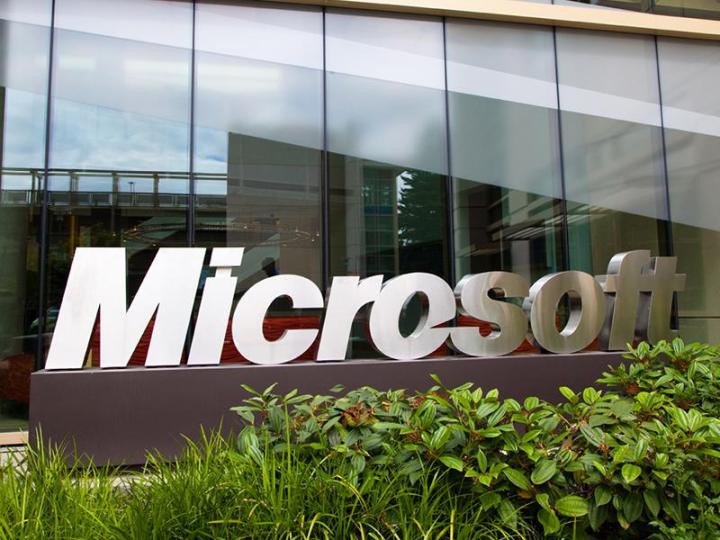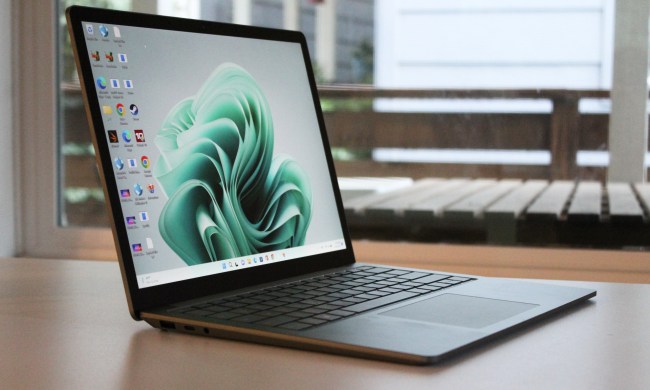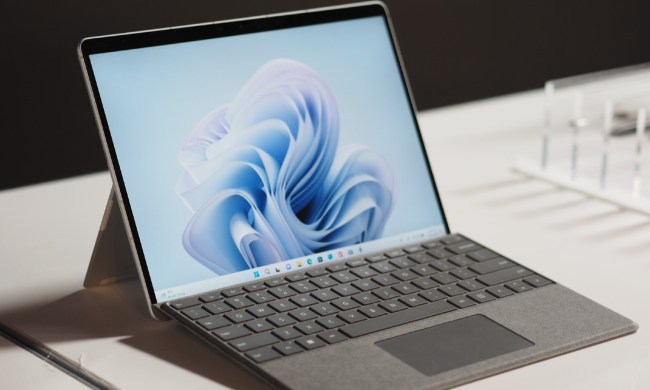
The original patent deal was signed in 2011 but Samsung now wants out, citing Microsoft’s purchase of Nokia (and the associated Intellectual Property) as a reason why the agreement is no longer valid. As the argument rumbles on, Microsoft is claiming $6.9 million in interest payments alone from Samsung.
Under the terms of the deal as it stands, Samsung has to pay Microsoft a fee based on every Android tablet and smartphone that it sells, and the Redmond-based company thinks it has a winning hand. “We are confident that our case is strong and that we will be successful,” Microsoft’s Deputy General Counsel David Howard told Re/code.
The fact that Samsung works together with Microsoft on a number of different hardware and software products makes makes the negotiations even more sensitive — like Samsung and Google, and Samsung and Apple, it’s an uneasy relationship at the moment. “Microsoft values and respects our long partnership with Samsung, is committed to it, and expects it to continue,” Howard added.
Such is the complexity of the patent system, the world’s biggest tech companies are spending huge amounts of time investing in and protecting their IP — the Microsoft and Samsung case reveals just how counter-intuitive the current setup can be. Increasing numbers of Samsung Android phone sales might seem like bad news for Microsoft on the surface, but it certainly adds to the company’s coffers even if it doesn’t augur well for its own mobile operating system.


